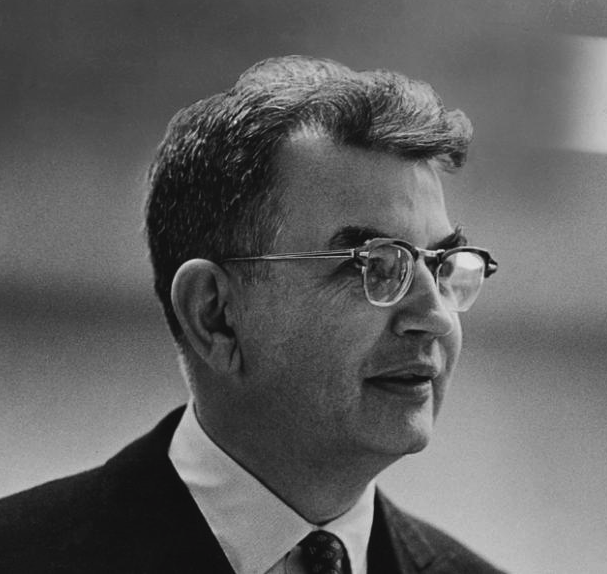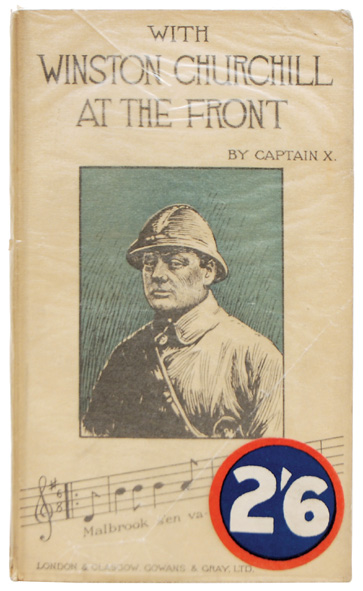This blog is, after all, called “Chicago Boyz.” One of the greatest and most influential economists of all time, Prof. Coase was for many years a Chicago Boy. A career spanning eight decades has now come to an end.
Quotations
Unhistory Monday: The Impossibility of Writing Truthfully About a Battle
The Chief, the Quartermaster, the Adjutant-General, know well enough what the strength of the army is, and can map out to a quarter of a mile where it lies; but to the casual and ignorant spectator all this is mystery. The vastness of the area over which the armed host is spread, confounds him. He is unable to realise the fact of thousands being present when scattered around him; he only sees a few groups of white tents widely separated. And as it is in a camp, so, I apprehend, it is in a battle. When the great Duke of Wellington was asked by a lady at a ball to describe Waterloo, he pointed to the brilliant pageant which was running its course before them, and asked her if she thought she could describe all that was going on in that ball-room. If it be ever my lot to be present at a battle—although of wars and its alarms I have had enough by this time—I shall have but little to say, I fancy, about the manoeuvres of great bodies of men, desperate charges, skilful flank movements, and so forth. Such graphic narratives are best written at home, years after the event, with the general’s despatches and a good map before one. If ever I were called upon to send home an account of a sanguinary engagement between two great armies, it would most probably—if the account were candid and conscientious—be confined to mentioning that, standing somewhere under a tree, I could make out, through a race-glass, that something like an Irish row appeared to be going on in a field a long way off; and that riding away, rather in a hurry, I met many carts full of men that were wounded, and were crying out, for God’s sake, for water; and that I saw many ditches full of men that could cry no more, for the reason that they were dead.
George Augustus Sala, My Diary in America in the Midst of War, Vol. 1 (1865)
History Friday: With Winston Churchill at the Front
I am reading Churchill: A Study in Failure (1970), by Robert Rhodes James. It is a famous book, which describes Churchill’s career up to 1939. It is an excellent book as of page 132/385. In fact, it is so good, I now want to read other things by this author.
A relatively little-known episode in Churchill’s career was his uniformed service at the front in World War I. Following the failure of the Gallipoli campaign, which was Churchill’s brainchild, he was driven out of the cabinet, where he had been First Lord of the Admiralty. Churchill volunteered for active service, and was given the command of the 6th Royal Scots Fusiliers battalion from January to May, 1916.
Quote of the Day
It is extraordinary how long a nation will allow itself to be misgoverned.
Rudolf Binding, A Fatalist at War (1926/1929)
Obama’s Anti-Terror Policy Can’t Be a Continuation of Bush’s Policy
Foreign policy doesn’t operate mechanically, on autopilot. Its effectiveness is determined entirely by the nature of the national administrations involved. You take the Bush 41 administration, and it can make a particular basic policy — say, in the war on terror — achieve a detectable level of good effect, in spite of the setbacks and “friction” (in the Clausewitzian sense) that are inevitable with international relations.
You take the Obama administration, and officially, it will modify the same basic policy on the edges. But in reality, the Obama administration becomes known for things like zero follow-through, strategic sclerosis, narcissism, unreliability, and desperation for photo ops and a favorable narrative. The same policy, modified, can’t work under those conditions.
This is a good point and should give pause to anyone who is reassured by assertions that the Obama administration’s anti-terror activities are an extension of what the Bush administration did. In fact, Obama’s weakness and ineptitude make it impossible for him to get the results Bush did, even if Obama wants to.
Executive competence is a critical variable in foreign-policy success. There is no adequate workaround for executive incompetence.

